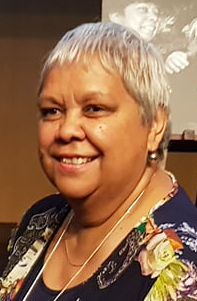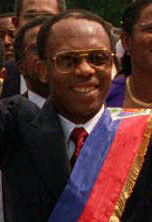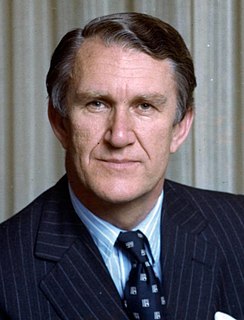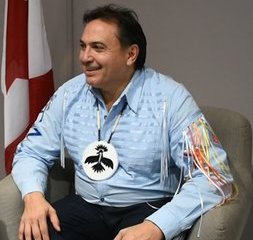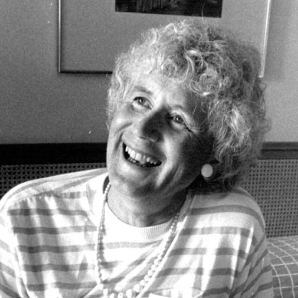A Quote by Jackie Huggins
The true essence of reconciliation is more than making friends with nonindigenous people. Our motto is united Australia, one that respects the land and the heritage of its indigenous peoples and provides justice and equity for all. I think reconciliation is about changing the structures that govern us and trying to influence opinion leaders in whatever way we can.
Related Quotes
For Indigenous peoples , the impact of separating us from our heritage goes directly to the heart that pumps life through our peoples. To expect a people to be able to enjoy their culture without their cultural heritage and their sacred belongings is equivalent to amputating their legs and digging up the ground and asking them to run a marathon.
There is no peace in Southern Africa. There is no peace because there is no justice. There can be no real peace and security until there be first justice enjoyed by all the inhabitants of that beautiful land. The Bible knows nothing about peace without justice, for that would be crying "peace, peace, where there is no peace". God's Shalom, peace, involves inevitably righteousness, justice, wholeness, fullness of life, participation in decision-making, goodness, laughter, joy, compassion, sharing and reconciliation.
The answer to our cry which God gave in Jesus infinitely transcends our expectations, achieving a solidarity which cannot be human alone, but divine. Only the God who is love, and the love which is God, could choose to save us in this way, which is certainly the lengthiest way, yet the way which respects the truth about him and about us: the way of reconciliation, dialogue and cooperation.
Forgiving and being reconciled to our enemies or our loved ones are not about pretending that things are other than they are. It is not about patting one another on the back and turning a blind eye to the wrong. True reconciliation exposes the awfulness, the abuse, the hurt, the truth. It could even sometimes make things worse. It is a risky undertaking but in the end it is worthwhile, because in the end only an honest confrontation with reality can bring real healing. Superficial reconciliation can bring only superficial healing.
